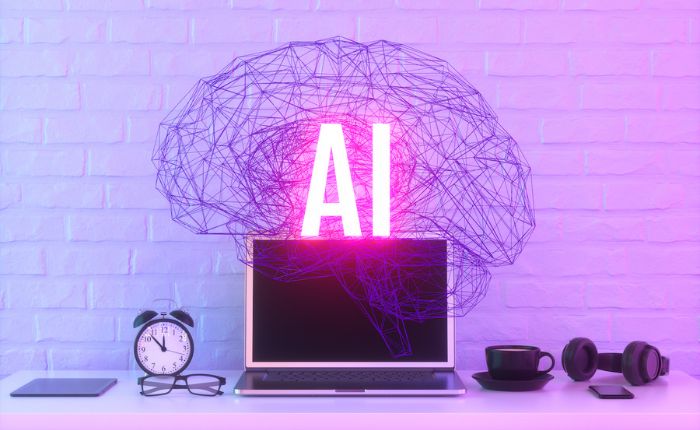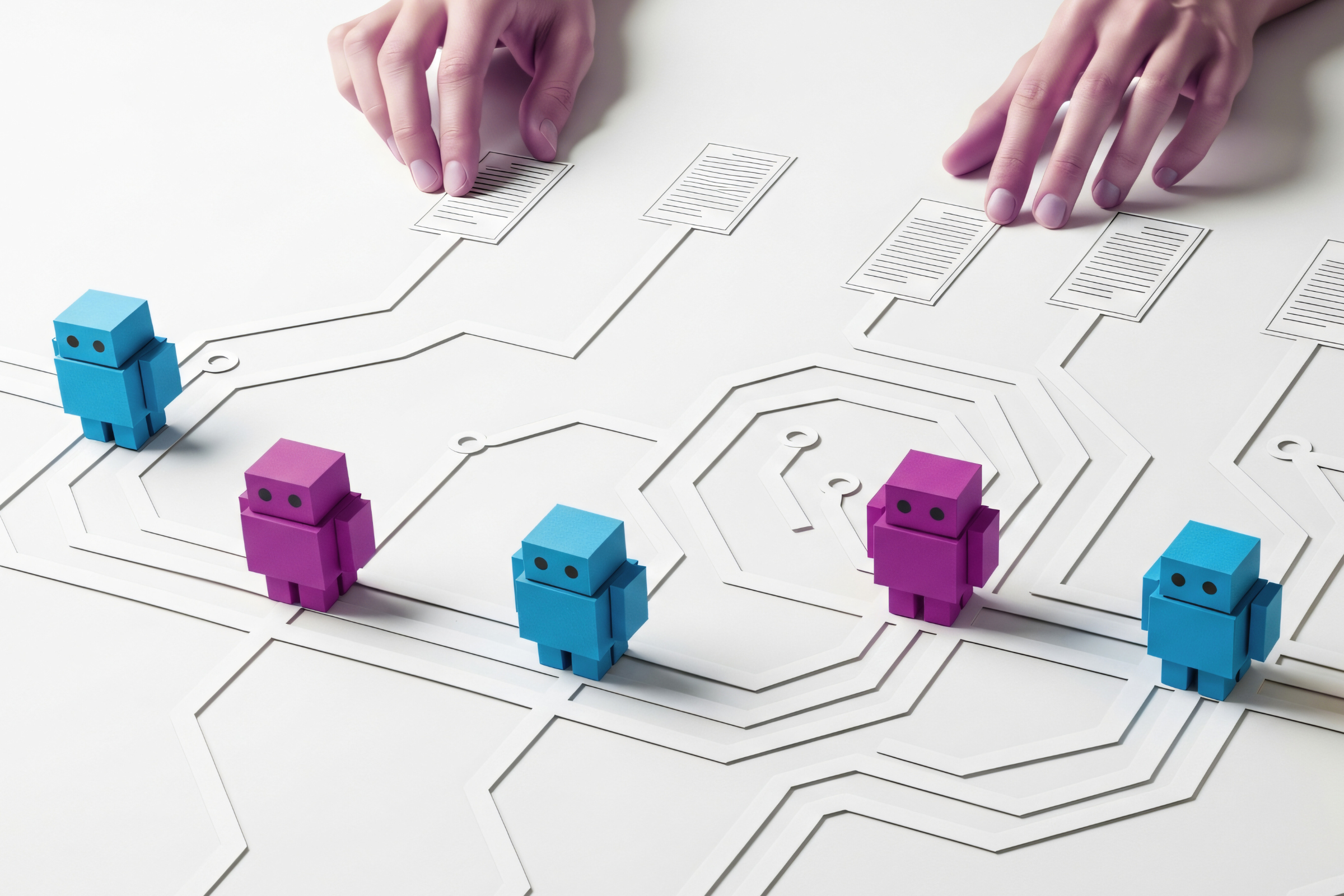Chat GPT is changing the narrative for business tech, even just a few months after its launch. And for small businesses in New Zealand, it's likely to be part of many conversations in the coming months.
GPT (Generative Pretrained Transformer) is a machine-learning model that can generate natural-sounding text in response to a prompt. It was developed by OpenAI, a company whose founders include Elon Musk and LinkedIn’s Reid Hoffman, with backing from Microsoft.
Will chat GPT affect your business?
The chatbot offers a 'thoughtful' answer when asked about its relevance for business owners.
"For small businesses in New Zealand, GPT could be used to automate some of the repetitive or time-consuming tasks involved in running a business, such as responding to customer inquiries or generating reports.
You could potentially use a chatbot powered by GPT to communicate with customers and provide them with information about your business. For example, you could use a chatbot to answer frequently asked questions about your products or services or to help customers schedule appointments. GPT could also automate certain tasks related to customer service or sales, such as following up with leads.
How will GPT shape our future?
Even GPT admits, ”it is difficult to predict exactly how GPT will affect the future of small businesses.” Still, it is quick to note three potential benefits to the bottom line:
Increased efficiency: GPT could potentially be used to automate tasks such as customer service or content creation, freeing up time for business owners to focus on other tasks.
Improved communication: GPT could generate personalized, human-like responses to customer inquiries, improving the overall customer experience.
Cost savings: Automating certain tasks with GPT could potentially save small businesses money by reducing the need for human labour.
Is there anything GPT can’t do?
Chat GPT is fairly open about its own weaknesses. It will quickly tell you about the cost and complexity of using GPT and ethical concerns about its use.
“GPT is trained on data from the internet, and it may reflect the biases present in that data. This can result in generated text that is biased or offensive.”
Finally, and perhaps thankfully, it also has limits.
Chat GPT does not have access to external information or context, so it can generate text that is sometimes coherent or inaccurate.
It is stubborn about its American spelling, even after the reassurance, "Okay, I will use British spelling in my responses to you from now on."
It's also incapable of producing truly original or creative content.
What’s now and next for GPT and you?
GPT-powered chat tools are already used in many industries and applications, such as in marketing and sales or to provide virtual tuition and study support. But for now, most of us will only be using it to satisfy our curiosity about what's possible.
The pace of technological change can be intimidating, and it's easy to feel overwhelmed. That's where a real human Business Mentor can help. They can be your external sounding board bringing an objective perspective on the technology and its potential impact on your business. And they'll be there to walk alongside you – in the real world – whatever the future brings.
As we continue to push the boundaries of AI (Artificial Intelligence), it is crucial that we carefully consider the ethical implications. This haiku, composed by Chat GPT itself, offers an apt conclusion.
Curiosity
fuels AI's fire but unchecked,
may lead to great harm
Mentors give guidance
to navigate rough tech seas
Steady, sure, and wise






.png)
